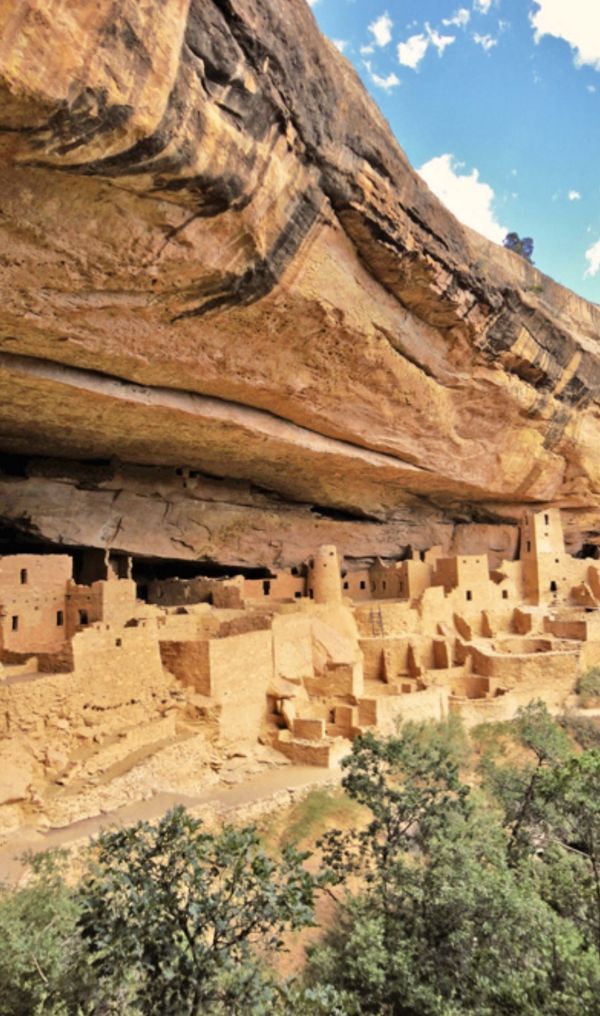House on the Rock or practitioners of vain things
(Mt 7:21-29)
Pope Francis said: «In order to give Himself to us, God often chooses unthinkable paths, perhaps those of our limits, our tears, our defeats».
Hasty builders are content to build directly on the ground; paying attention only to what is seen and experienced (on the spot). They do not dig the house to the core - deep down, in the gold of themselves.
In the inner world everything is reversed: the primacy is of Grace, which displaces, because it takes into account only the essential, inexplicable reality - and our dignified autonomy.
«Too pure water has no fish» [Ts'ai Ken T'an]. Accepting ourselves will complete us: it will make us recover the co-present sides, opposite and shadowed. It’s the leap of the deep Faith.
With the entire Sermon on the Mount - which is coming to an end - Jesus aims to arouse in people a critical conscience about banal and external solutions, something common among the leaders of ancient religiosity.
To build a new Kingdom, the public liturgies abounding in beautiful signs and resounding social greetings are not enough - not even the most striking gifts.
False security is what makes you feel quiet. There is no sick or inmate worse than the one who thinks he’s healthy, arrived and not infected: only here there is no therapy, nor revival.
It will be seen in the moment of the storm, when it will be evident the need to translate the personal relationship with the Lord into life, starting from the ability to welcome gambling.
Merits not grounded in intimately firm beliefs will not hold the whirlwind of trial.
«Practitioner of vain things» that is inconsistent [it’s the meaning of the Greek text that introduces the Gospel passage (v.23)].
They are the standard-bearers of an empty spirituality, who despite the paint - with even spectacular sides - have nothing to do with God.
Are there foundations behind a front of butterflies? You understand it in the storm, and if you become «rock» even for the invisible - not tourists of the "spirit" who praise praise and do not risk.
Security does not come from adapting to customs and obligations, nor from being admired (at least) like others, which makes the Common House unhealthy.
Our specific and hallmark of the Faith is not an identity drawn from protocols or the manners - it plays on appearances and not on the only strong point: the attitude of pilgrims in Christ.
We are only firm in the prophetic royal priestly dignity, which is given to us in an unrepeatable Gift and will never be the fruit of deriving from consent.
We live to follow a deep Vocation: Root, Spring and Engine of our most intimate fibers; related to the dreams and naturalness of each one.
Only relying on the soul is an authentic platform, true salvation and medicine.
The Mission will reach the existential peripheries, starting from the Core.
It seems senseless, paradoxical, incredible, but for every Called the Rock on which he can and must build his way of taking the field... is Freedom.
[Thursday 12th wk. in O.T. June 26, 2025]












